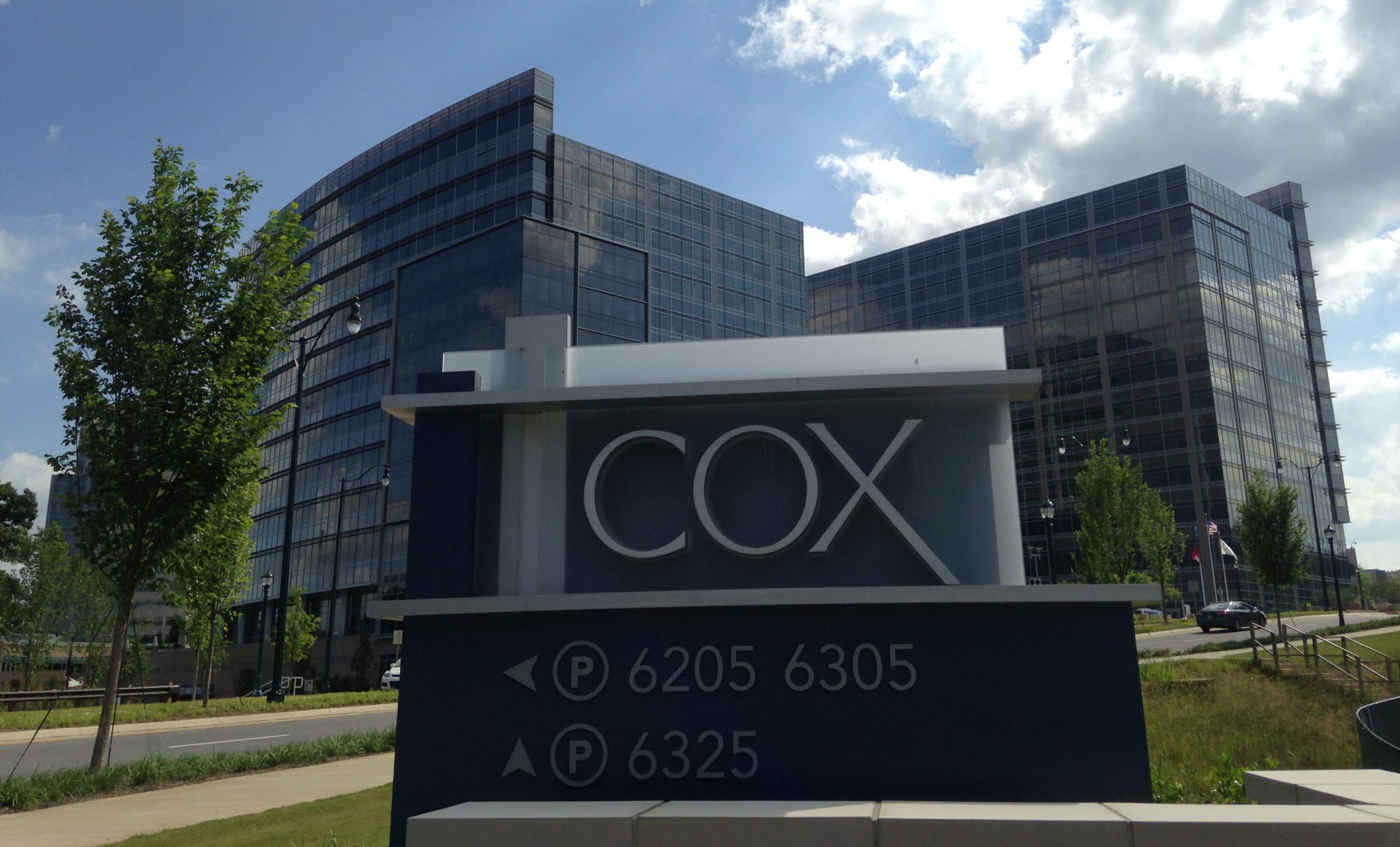Major record companies have filed a rebuttal to the US government’s support for Cox Communications in a copyright dispute that has been elevated to the Supreme Court.
Cox Communications, one of the US’s largest internet service providers, was sued by record labels including Sony Music Entertainment (the lead plaintiff), Universal Music Group and Warner Music Group in 2018.
The music companies argued that Cox Communications “knowingly contributed to, and reaped substantial profits from, massive copyright infringement committed by thousands of its subscribers.”
A Virginia jury initially sided with the labels, awarding them $1 billion and finding Cox liable for both “contributory” and “vicarious” copyright infringement.
However, in February 2024, the Fourth Circuit Court of Appeals overturned the “vicarious liability” finding and the damages, while upholding the “contributory infringement” ruling.
“Cox was held liable not because it failed to do enough to police infringement, but because it took no meaningful steps to stop infringement.”
Sony Music Entertainment and others
Since then, both Cox and the music labels have asked the Supreme Court to review the case. In November 2024, the Supreme Court invited the federal government to provide input on the case.
In late May, the Solicitor General backed Cox’s position, arguing that ISPs don’t become liable simply by failing to terminate accounts after receiving infringement notices. The government brief stated that “willfulness” requires knowledge that subscriber conduct was actually unlawful, not just awareness of potential infringement.
Most recently, the labels described the Justice Department’s position as “bewildering,” according to a supplemental brief filed June 10 by Sony Music Entertainment and others.
The supplemental brief said: “Cox was held liable not because it failed to do enough to police infringement, but because it took no meaningful steps to stop infringement and continued serving specific, identifiable subscribers even after receiving explicit notice of their repeat (and often rampant) infringement.”
“Cox kept supplying the means of infringement because it said ‘F the dmca!!!,’ C.A.App.1495, and adopted an express policy of prioritizing profits from subscription fees over compliance with the Copyright Act or the DMCA.”
The DMCA refers to the Digital Millennium Copyright Act, which provides legal protections for ISPs that cooperate with copyright holders.
“Cox… chose to keep [infringing subscribers] with internet access anyway—because it was more interested in protecting its own profits than Plaintiffs’ copyrights.”
Sony Music Entertainment and others
The labels further argued that Cox kept serving customers specifically because of their monthly payments, even after receiving hundreds of infringement notices.
“Cox was held liable because it was repeatedly put on express notice that specific subscribers were engaged in rampant infringement, yet it chose to keep supplying them with internet access anyway—because it was more interested in protecting its own profits than Plaintiffs’ copyrights.”
Internal exchanges provided by the labels showed Cox declined to terminate a customer because “[he] pays us over $400/month”), and giving another subscriber “one more chan[c]e[because] he pays [$]317.63 a month”).
Sony and other labels further accused Cox of looking the other way and “hope that its ‘unwritten semipolicy’ would not come out in litigation.” They said Cox allowed 13 strikes before considering “soft terminating” accounts, then quickly reinstated most terminated users.
Cox terminated over 600,000 subscribers for unpaid bills while rarely terminating users for copyright violations, according to the supplemental filing.
The labels’ legal team urged the Supreme Court to review the vicarious liability question while rejecting Cox’s contributory infringement arguments.
The long-running lawsuit is among a number of other cases involving ISPs and music labels. Labels have also brought similar lawsuits against other ISPs including Charter Communications and Astound Broadband.
Most recently on May 28, major record companies and ABKCO have settled a piracy lawsuit with Frontier Communications, ending a legal battle that threatened the internet provider with hundreds of millions of dollars in damages.
The case, filed in 2021, was dismissed “with prejudice,” meaning it can’t be refiled. Terms of the settlement were not disclosed, but the filing, which you can read in full here, noted that all parties have agreed to “bear [their] own fees and costs.”
Music Business Worldwide






